According to EH Bildu de Baztan, "the purchase of these homes is for rural hotels or second residences". Thus, he has considered that "the excess supply of tourist accommodation and the difficulties of access to the residence of the population" that are being found in the region in recent years increase and has considered "especially to take into account" that "the capacity to pay of these buyers prevails over the rest", which supposes "a market character, removing the common citizenship from the possibility of buying these homes". Even more so. As a result of the increased market, he sees "the risk of the usual neighbors leaving the valley", as "he will be replaced by people of high purchasing power". Eh Bildu has described as "a very serious matter" the one that "has a direct consequence on the right of residence of the local population".
The note also talks about the gentrification of cities, that is, the "urban process to replace popular neighborhoods with more powerful social classes." In Baztan he says that they may be "at the beginning of some of the image": "Something that has already been denounced in Ipar Euskal Herria previously, as the incessant arrival of Parisian people who have arrived after retirement has increased houses and lands, creating a serious social problem".
"We want to draw attention to citizenship before we enter a road that has no turning back"
In view of the situation, and "before entering a road that has no turning back", EH Bildu considers "it necessary to create a social awareness: prioritize habitual housing and make prices reasonable". Moreover: "Doing as much business as possible cannot be acceptable." He also stressed that "decisions made with personal patrimony have social consequences" and, in the opinion of EH Bildu, "it is up to all citizens to determine what can be done with private property according to the model of valley we want, both by law and by conscience or social ethics. Don't let our country devour by excessive greed."











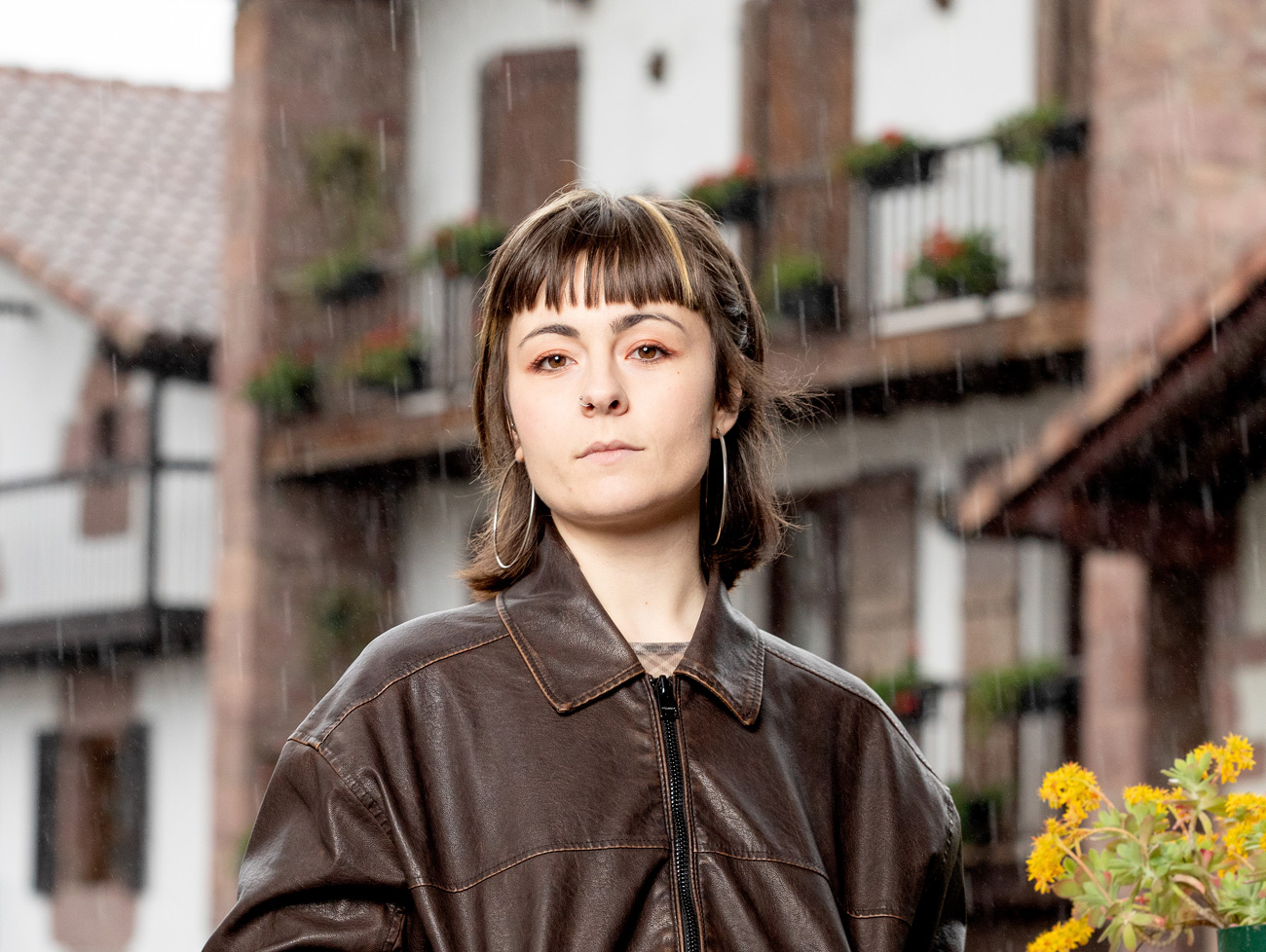
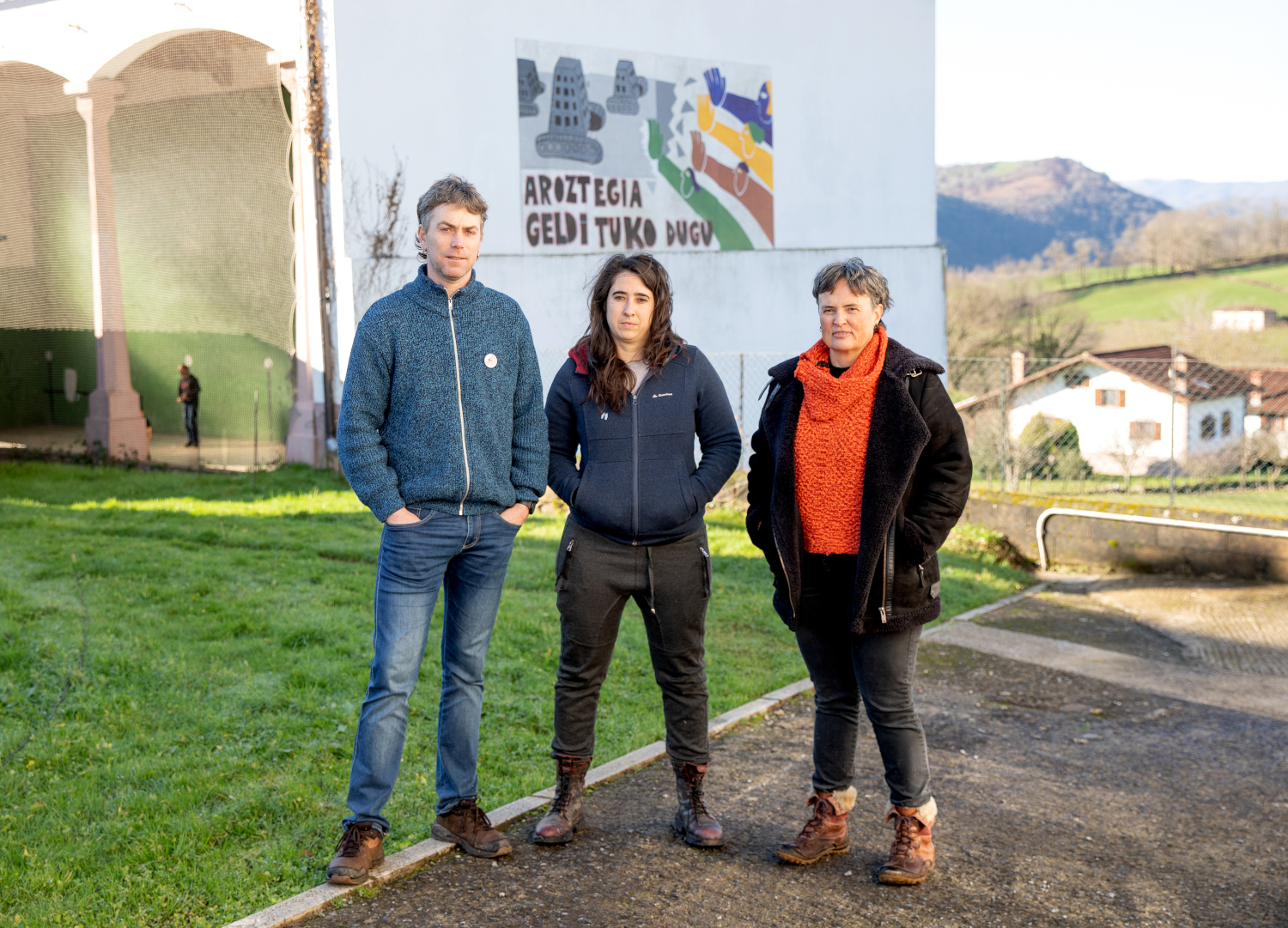

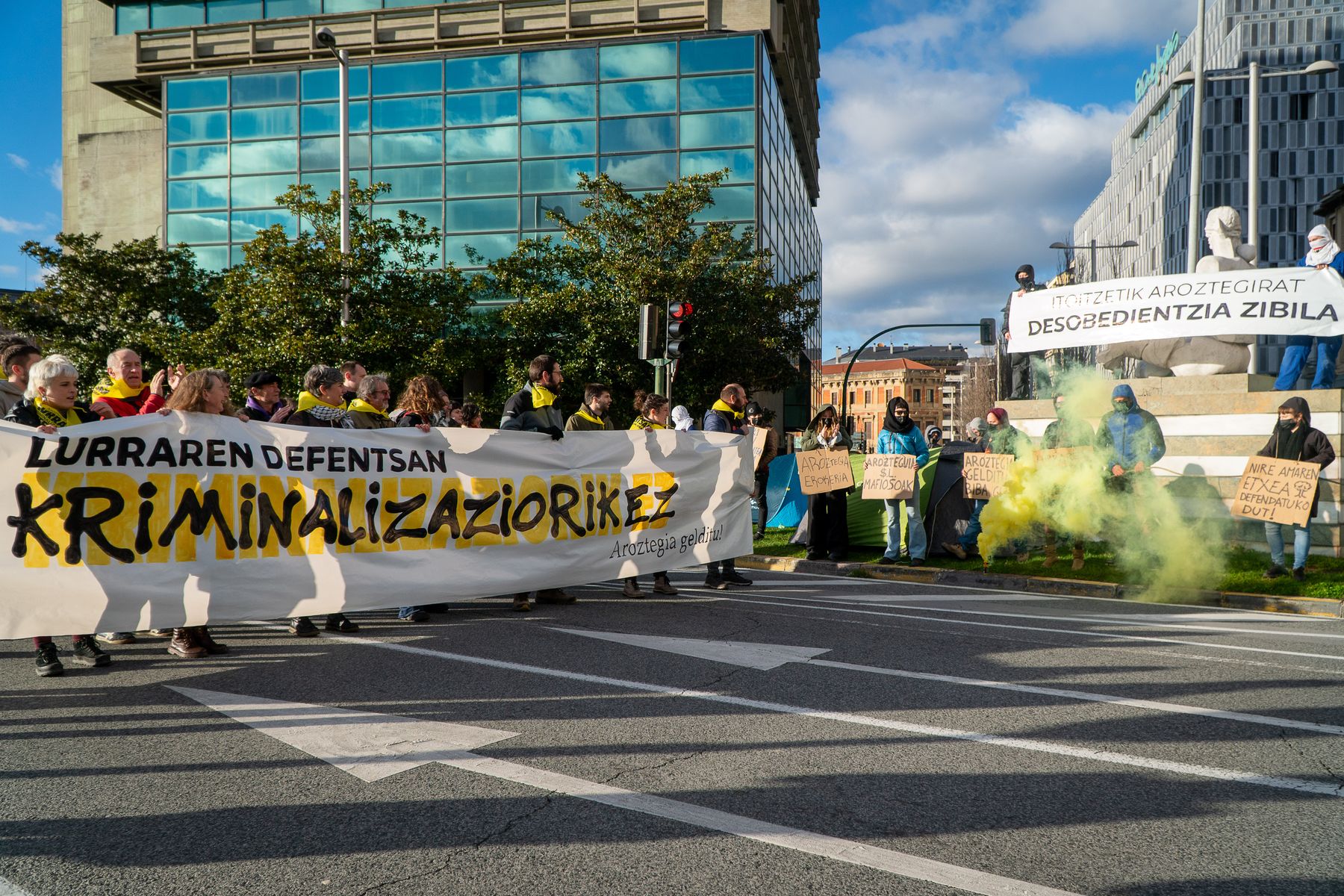
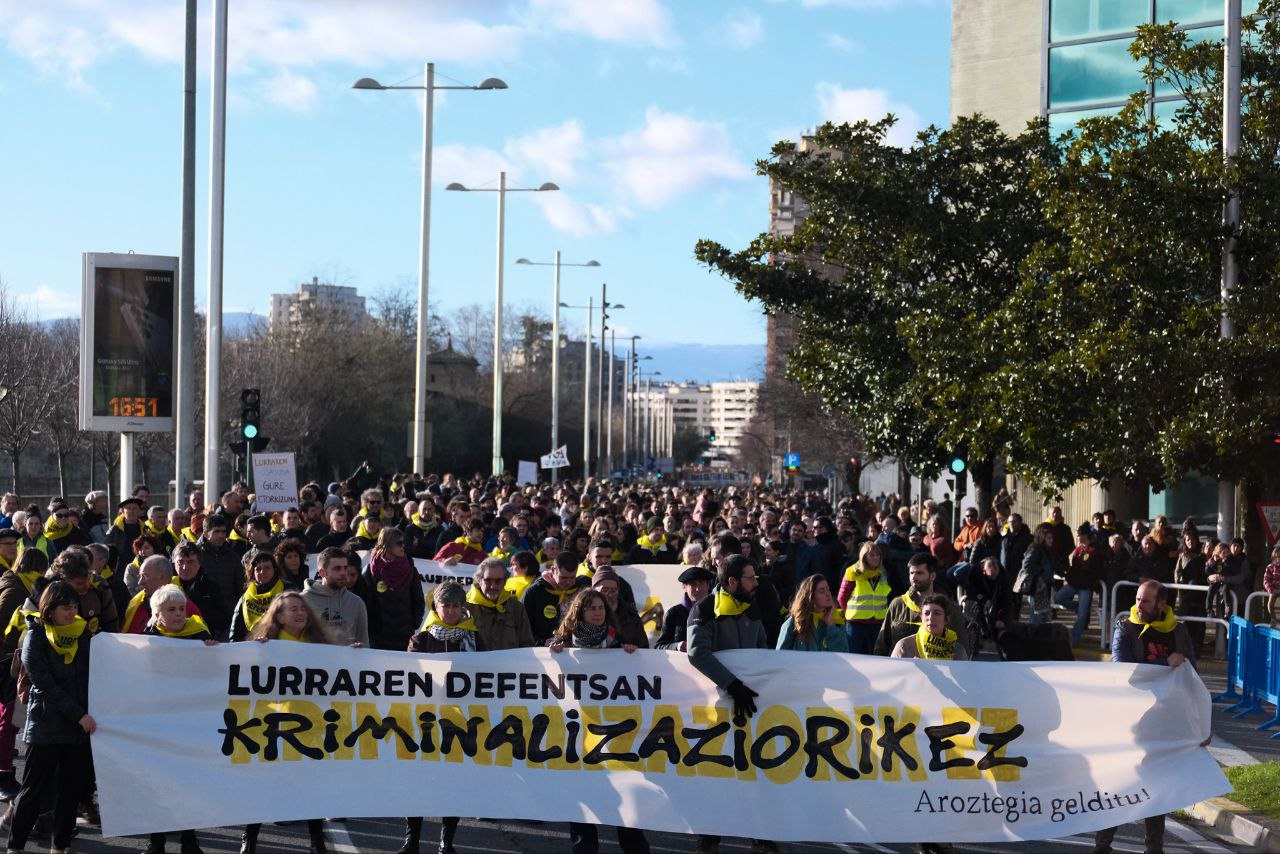

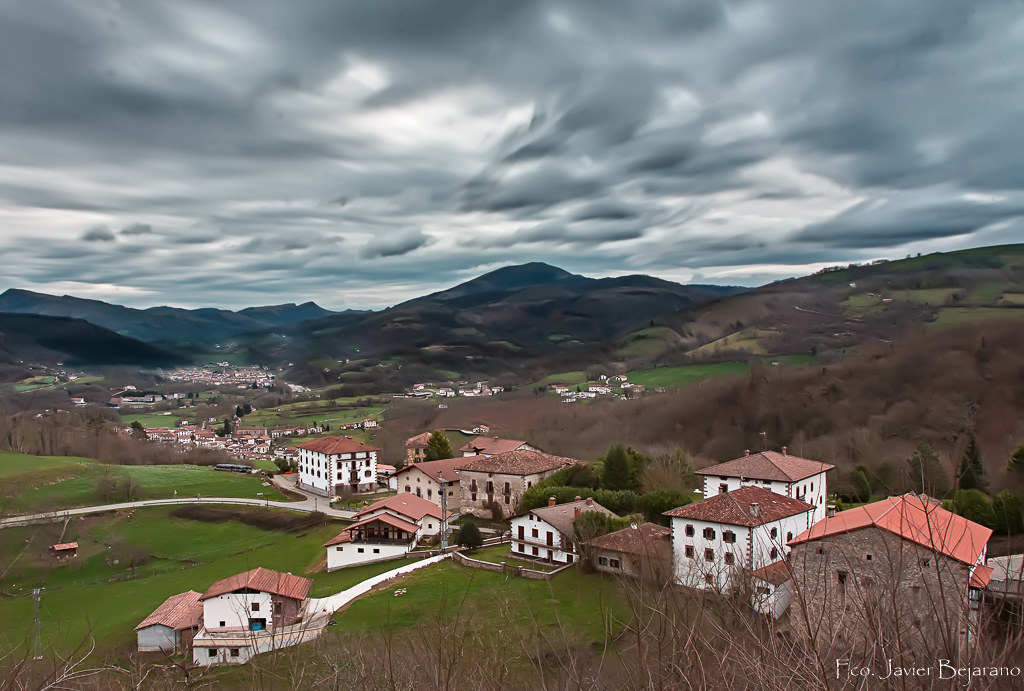



ilbeltza-(1).jpg)
.jpg)
